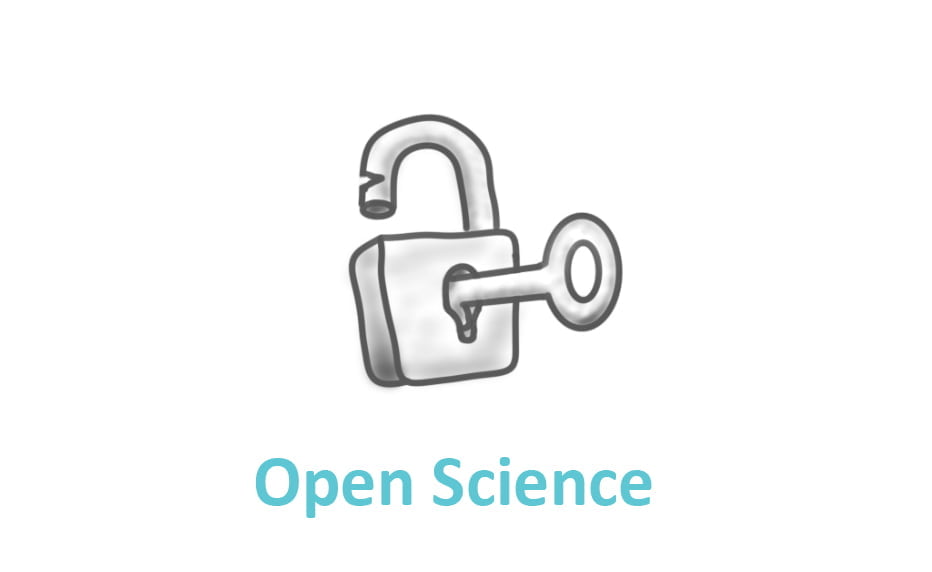
Individual Contributions to Open Science Efforts
Individual Contributions to Open Science Efforts https://opusproject.eu/wp-content/uploads/2024/04/Figures.jpg 932 572 Open and Universal Science (OPUS) Project Open and Universal Science (OPUS) Project https://opusproject.eu/wp-content/uploads/2024/04/Figures.jpgOpen science is a collaborative movement that aims to make scientific research and data accessible to all, fostering transparency, reproducibility, and innovation. While the term “open science” often brings to mind large-scale collaborative projects and institutions, individual researchers play a crucial role in advancing this cause. From sharing data and code to participating in community-driven initiatives, individual contributions are the building blocks of the open science movement.
- Sharing Research Outputs: Individual researchers contribute to open science by making their research outputs openly accessible. This includes publishing papers in open access journals or depositing preprints in repositories like arXiv or bioRxiv. By removing paywalls and barriers to access, researchers ensure that their findings can reach a wider audience, including those in resource-constrained settings.
- Open Data Sharing: One of the cornerstones of open science is the sharing of research data. Individual researchers can contribute by making their data openly available through repositories such as Figshare, Zenodo, or institutional repositories. By sharing raw data, researchers enable others to validate findings, conduct further analyses, and potentially uncover new insights.
- Open Source Software: In many scientific disciplines, software plays a crucial role in data analysis, simulations, and modeling. Individual researchers contribute to open science by developing and sharing open-source software tools and libraries. Platforms like GitHub provide a collaborative environment for researchers to share code, collaborate on projects, and receive feedback from the community.
- Reproducible Research Practices: Adopting reproducible research practices is essential for ensuring the integrity and reliability of scientific findings. Individual researchers contribute to open science by documenting their methods, providing detailed descriptions of experimental procedures, and sharing code for analyses. By making their research workflows transparent and reproducible, researchers enable others to verify and build upon their work.
- Participating in Open Communities: Engagement in open science communities is another way individuals contribute to the movement. This can involve participating in open access advocacy groups, attending open science conferences and workshops, or contributing to community-driven projects and initiatives. By collaborating with like-minded researchers, individuals can amplify their impact and contribute to shaping the future of scientific research.
Case Study: Dr. Jane Doe’s Contribution to Open Science Dr. Jane Doe, a computational biologist, exemplifies the power of individual contributions to open science efforts. Through her research on cancer genomics, Dr. Doe publishes her findings in open access journals and shares her data through public repositories. She develops an open-source software tool for analyzing genomic data, which gains popularity within the research community. Dr. Doe actively participates in open science conferences and contributes to collaborative projects aimed at advancing open science principles in her field.
Individual researchers play a vital role in advancing the principles of open science through their actions and contributions. By sharing research outputs, data, code, and participating in open communities, researchers contribute to a more transparent, inclusive, and collaborative scientific ecosystem. As the open science movement continues to grow, the collective efforts of individuals will drive positive change and foster innovation in scientific research.
Photo via Peer Recognized
- Posted In:
- Open Science News




